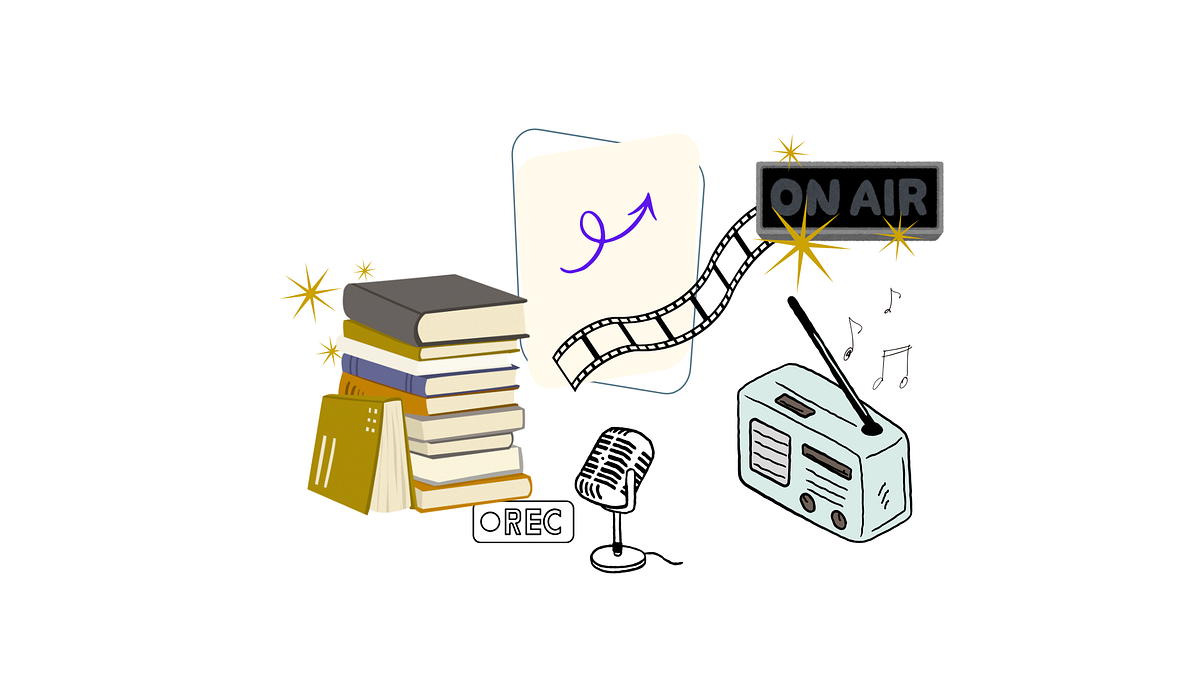Owahid Neel Life Story. “Owahid Neel Life Story: My Father, My… | by Owahid Neel | Aug, 2025

“Owahid Neel Life Story: My Father, My Hero”
Owahid Neel — a simple name, but his life is far from ordinary. He was born on July 21, 1995, in a small village called Purbo Chorro Sundee in Shariatpur, Bangladesh. Raised on the soil of a simple village and under the vast sky full of dreams, this boy had only one desire — to leave his mark, to explore new worlds, and to believe in endless possibilities.
From childhood, Neelu was a dreamer who didn’t just focus on studies but also saw life deeply. After finishing school and college, he graduated in Business from Northern University of Bangladesh, but his heart and mind belonged to traveling and storytelling.
Life’s path is never smooth. He faced disappointment, money problems, and time struggles, but never gave up. Instead, he turned these challenges into lessons. In 2022, he got the chance to travel to Dubai — a big step and a new horizon for him.
Traveling isn’t just about seeing new cities; it’s about feeling people’s stories, culture’s rhythm, and sometimes finding yourself. Neelu’s YouTube channel, “Owahid Neel,” is a witness to this journey. In every video, he doesn’t just show places but shares feelings, history, culture, and important visa and travel tips. He often says, “Travel taught me how to find my place in unknown lands and how easy it is to see life in a new way.”
But my biggest story is about my father. The man you see in the picture is my “superhero.” When I was in class three in 2003, he left Bangladesh for Saudi Arabia, starting his life as an expatriate. He has faced many struggles there. Even in 2022, he is still called a “prabashi” — an expatriate — who hasn’t erased that word from his life’s book. He is still far away, working hard for his family’s happiness.
In 2003, I wrote him my first letter. Later that year, he gave me my first mobile phone — at a time when there were only about ten phones in our whole village. In 2008, he bought me a Nokia-N73 phone. That’s when I entered the internet world, excited to learn about new apps, websites, and features.
In 2013, he bought me a laptop; in 2014, an iPhone; and he supported my studies at Northern University. All of this was done from abroad. From 2003 to 2012, he spent nine continuous years away, never once coming home. He never held my little sister in his arms or took me to the market. All these pains were swallowed by the word “prabashi.”
But he never regretted. He gave me everything I wanted. To this day, I have never heard him say “no.” No matter how much pain he was in, he gave to me, my sisters, and my nieces and nephews. Yet he wore torn clothes himself. Fathers are truly strange. No matter how many clothes are in the house, they wear the cheapest ones. Their watches are only replaced when broken beyond repair. Their glasses have broken frames but they keep using them. And they carry the cheapest phones in the house.
In 2018, he spent 300,000 taka to buy me a bike. I never managed to give him anything in return. When I got my first job that year, I asked him if he had 100 taka to spare. He said he needed exactly 100 taka. I only had a 500 taka note. I gave it to him, but he asked if I really had no 100 taka notes. I smiled and said, “If I need anything, you are there.” That’s the kind of man he is.
Even now, he stands by me. On February 25, 2022, I came to Dubai. I still don’t have a job. I’ve visited four countries. The expenses? All paid by that simple man — my father. Fathers can be fools; they won’t eat if their children don’t eat. Yet they become the most generous people in the world for their children. My courage and energy come from the word “father.”
I don’t know if I’ll ever be successful, but if I am, the credit will only go to my father. No rich relatives, no close friends can take that away. First, he will get it, then my mother, who cries for me every time she prays.
I have lived seven months of expatriate life. I still can’t talk to my mother for long without tears coming. She says, “Who else do I have besides you?” Recently, my father left for Kuwait again, at his age. I know he went only for me. I understand it all, father, but I feel so helpless for not being able to give you a better life. I’m a poor son who still can’t do much for you.
If I fail to fulfill my European dream or if something happens to me, please forgive me, father. But don’t write my name in the failure list. I will keep trying until my last breath.
One thing I’ve learned in this painful expatriate life — nothing is more painful than the pain of loved ones. Thousands of expatriates burn with this pain every day.


